
Workshops
Join Our Upcoming Free Online Workshops
Educators for Peaceful Classrooms and Communities (EPCC) offers free, 90-minute virtual workshops on various topics throughout the year. These are open to anyone and attendees that qualify will received a Professional Development Hours certificate.
Currently, there are no Free Online Workshops scheduled. Please check back shortly for updates.
Custom Workshops…Tailored to Your Organization
Educators for Peaceful Classrooms and Communities (EPCC) customizes workshops, conference presentations, retreats, and keynotes for a variety of groups, including center-based and family early childhood education programs, parent groups, family resource centers, private and public schools, child development and credential students and community groups. EPCC has prepared presentations in a variety of formats, including in-person, live zoom, and recorded. We can also work with you to create the subject content and format that will best meet your group’s needs.
-

Social Problem Solving
Helping children learn to manage social problems in new and constructive ways offers tremendous opportunities for growth and development. Participants will learn how to teach children conflict resolution skills and how to help children regulate their emotions, develop empathy, take on another’s perspective, and develop flexibility of thought, confidence and competence in peaceful problem solving. Participants will discover the link between social problem solving and academic problem solving.
Workshop meets Desired Result 1, Measures 1-11, 14, 15
Desired Result 2, Measures 16, 17, 19, 20
Desired Result 4, Measure 38 -
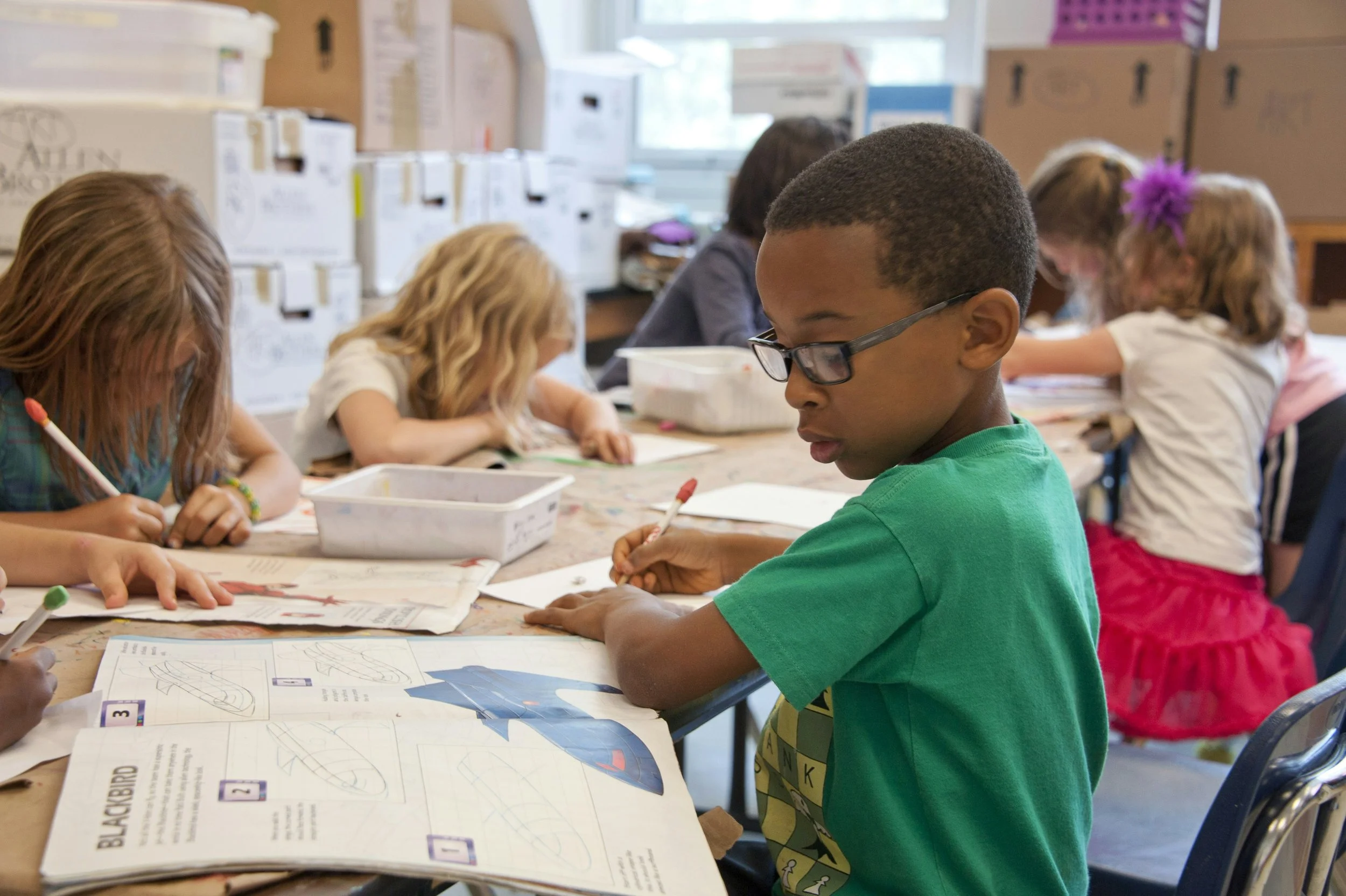
School Success
Participants will explore the factors contributing to children’s disposition toward an enthusiasm for lifelong learning. Topics will include how to develop scientific thinking, critical thinking, curiosity, risktaking, and a passion for written and verbal language. We will explore questions such as; how children learn, what inhibits children’s learning, and what makes a child eager to learn.
Workshop meets Desired Result 1, Measure 1, 2, 12 – 15
Desired Result 2, Measure 16 – 33 -
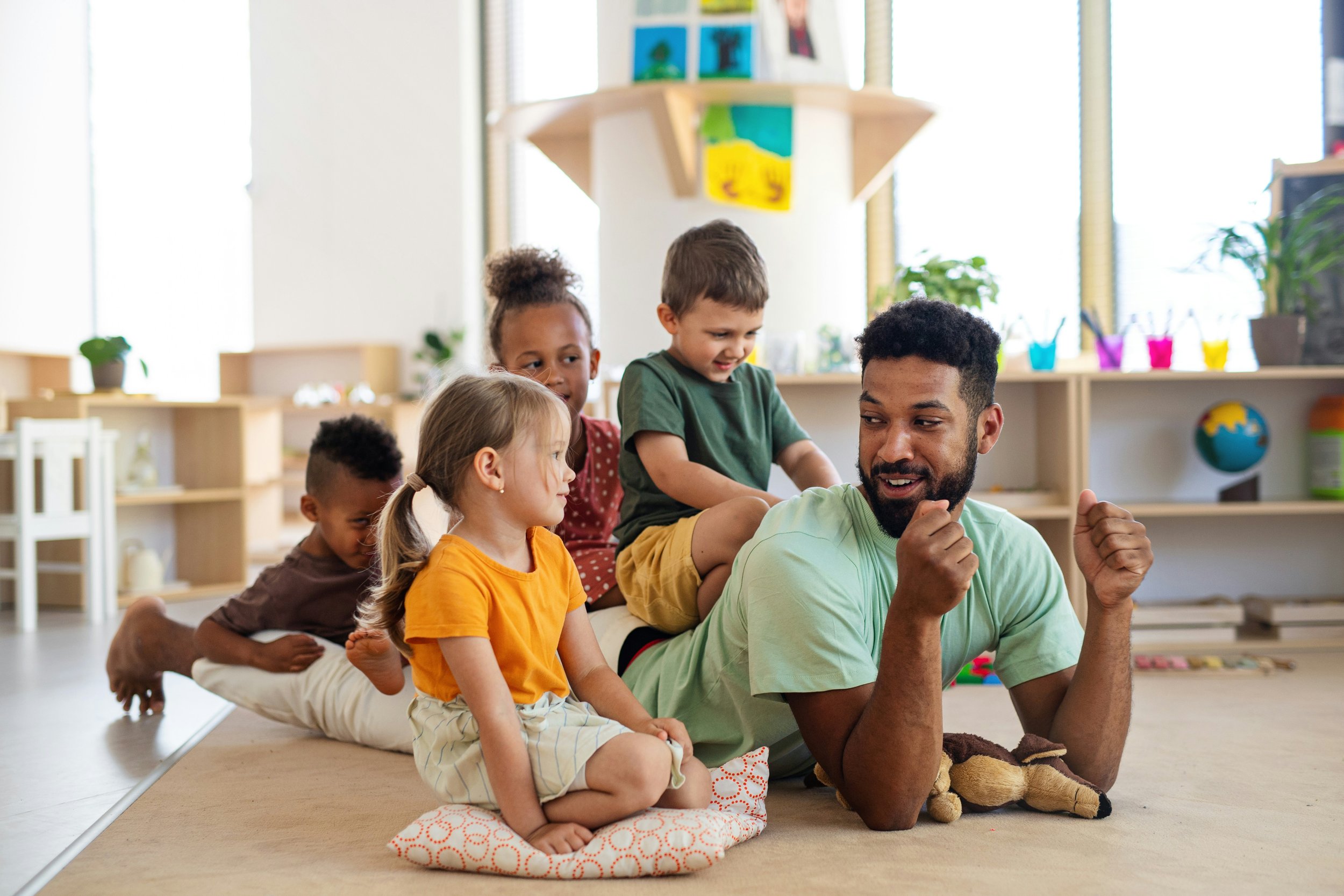
Connection Between Peace Education and Play
Play is essential to children’s optimum development. There is an alarming nationwide trend toward reducing unstructured playtime due to increased curriculum demands. Workshop participants will gain an understanding of early childhood education’s historical commitment to play and how literacy, problem solving, communication, physical health, cognitive, motor, social, and emotional development and a disposition toward lifelong learning are inextricably linked with play.This workshop meets Desired Results 1 – 4 (all measures)
-
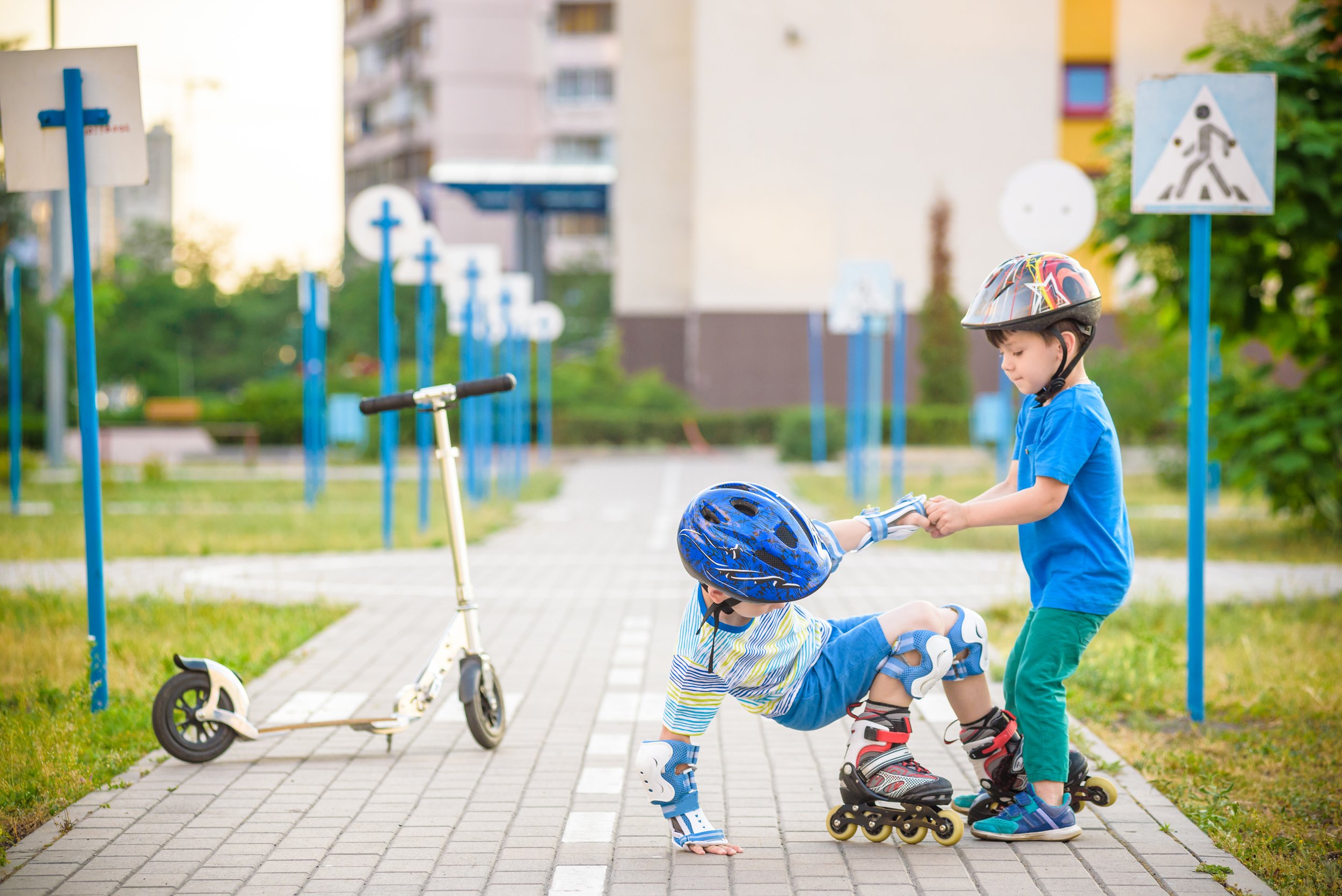
Resilience
What do we mean by resiliency? This workshop will provide those working with children the tools to support the development of Growth Mindset, optimism, positivity, using descriptions instead of judgements and rapid prototyping as tools for teaching. Additional topics include trauma informed care, language and listening, classroom conversations and family meetings. Building caring relationships, a sense of self-sufficiency and control, opportunities for decision making and thinking independently, and interpreting failure as an opportunity, are essential elements for the development of resilience. The content will include seeing the social, moral and cultural context of situations to respond in positive ways. This workshop can be given from the adult, child or teaching team perspective.This workshop meets Desired Results 1, Measures 1 – 3, 8, 9, 14, 15
Desired Results 2, Measures 19 – 21
Desired Results 4, Measures 38, 39 -

Creating Peaceable Environments for Children
Strategies that create nonviolent and productive homes, classrooms, and/or communities will be explored. Participants will learn tools such as developing conflict resolution skills, facilitating family and class meetings, developing communication skills, as well as learning about and appreciating diversity. We will explore ways for children to develop personal power and control. We will learn ways for adults to model respectful and cooperative relationships.This workshop meets Desired Results 1, Measures 1 – 11
Desired Results 2, Measures 16 – 18 -

Communication Skills
During the first five years of life children are forming their language and social/emotional competencies. Participants will learn how adults can model and support children’s successful communication. This workshop explores constructive forms of communication such as reflective listening, “I statements, and the components of intentionality of language. We shall also explore obstructive communication such as roadblocks and put downs.This workshop meets Desired Results 1, Measures 1 – 8, 12 – 15
Desired Results 2, Measures 18 – 20, 30 – 32 -
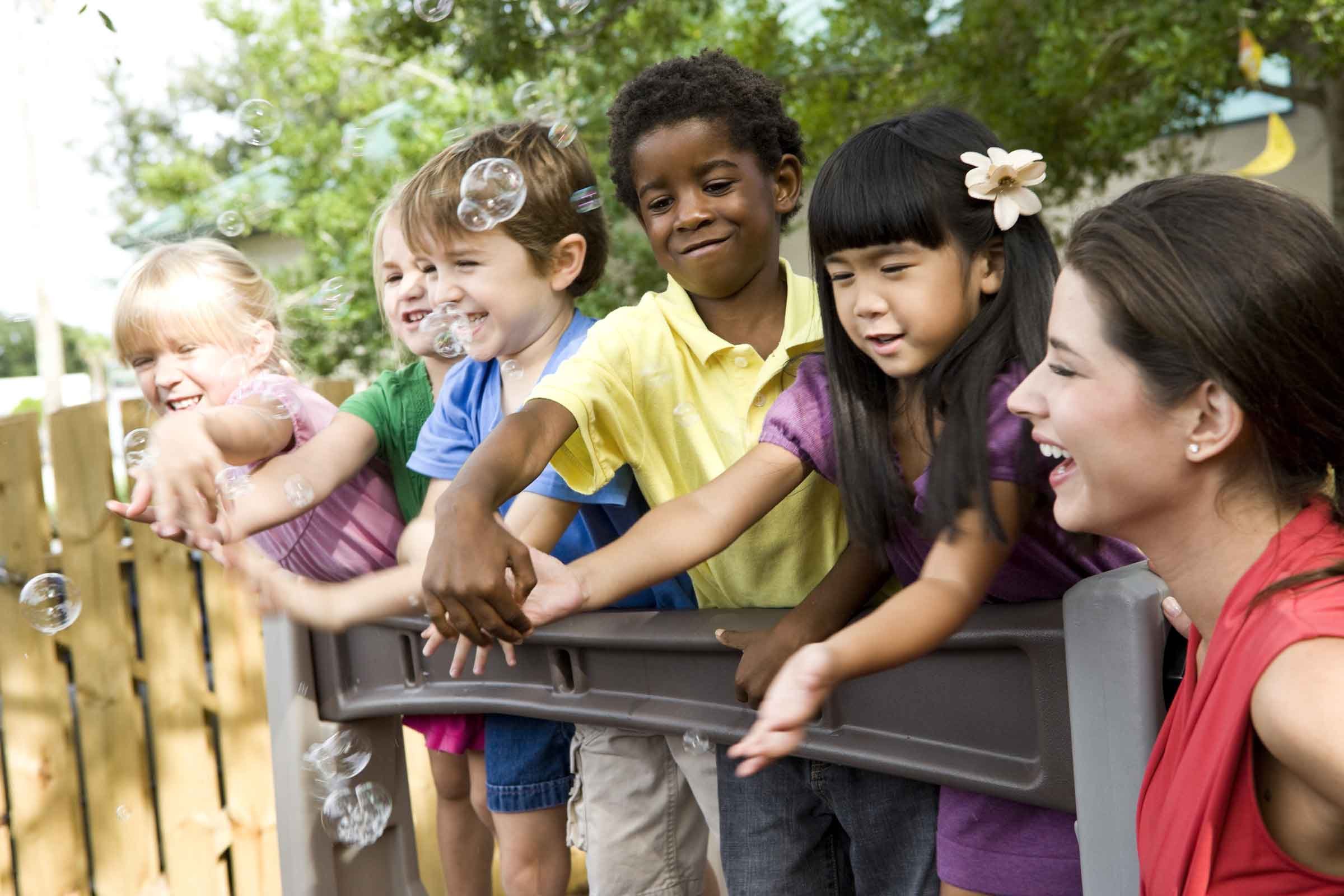
Cultural Competence
Participants expand their cultural competence as they learn how cultural traits are more than traditional clothes, foods and celebrations. Participants will explore their own cultural perspective of values, preferences and what they perceive as “normal” patterns of human interaction. Participants will explore how different cultures influence the behavior of their members in a multitude of ways such as perception of time, personal space, eye contact, verbal and nonverbal communication, etc.This workshop includes the implementation of the Anti-Bias Education Goals of Louise Derman Sparks and Julie Olsen Edwards.
This workshop meets Desired Results 1, Measures 1 – 8, 12 – 15
Desired Results 2, Measures 16 – 21, 26 -

Early Childhood Educators Embracing Social Justice and Activism with Children
What are developmentally and age appropriate ways that young children can begin to experience a sense of their position in the world and the taking of responsibility for making it a better place? We will begin with the development of empathy and compassion and then discuss how to transform traditionally passive modes of learning to ones of responsibility and action. We will then share activities that parents and teachers can engage in with young children to create positive change. An example might be when children learn that there are homeless in their community; they can develop a plan to gather food for the local homeless shelter.
This workshop meets Desired Results 1, Measures 1 – 8, 12 – 15
Desired Results 2, Measures 16 – 18 -

The Home/School Partnership in Raising Peaceful Children
Children benefit from families and teachers working together to support their optimum development. Participants will take away ideas to involve parents in their children’s early childhood experiences. Proven successful strategies include ways to involve parents in the classroom, the use of various forms of communication such as newsletters, daily notes, parent conferences, parent meetings and parent education.
This workshop meets Desired Results 1, Measures 1, 3 – 5, 8
Desired Results 2, Measures 16
This workshop also satisfies Desired Results Parent Education Requirements -
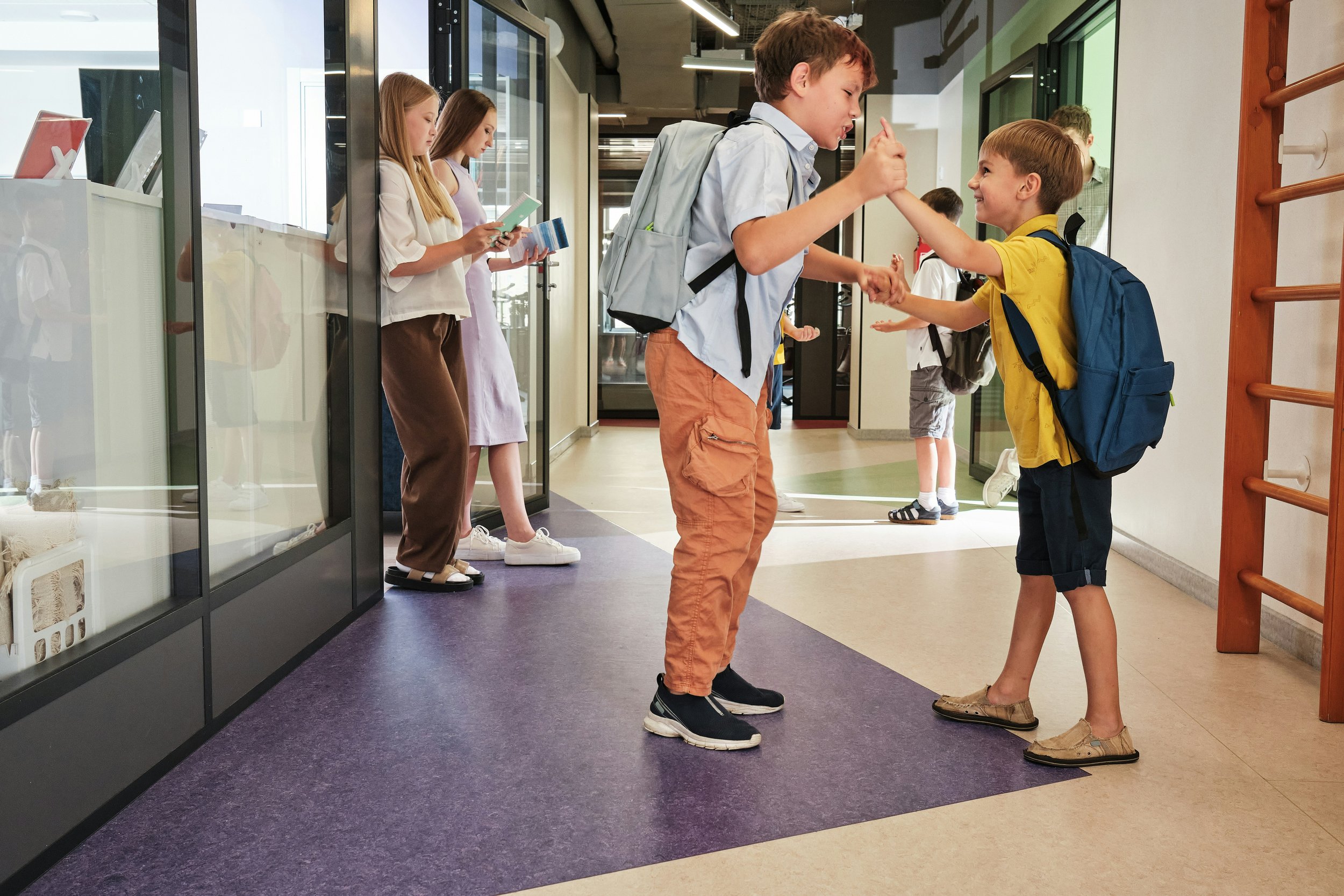
Bullying: Prevention and Intervention
Participants will take away an understanding of the motivations and needs of the bully, the bullied and the bystanders. Bullying can take physical, verbal and/or relational forms. We will explore how to help children find pro-social ways to meet their needs thereby eliminating teasing and bullying behaviors. We will discuss ways to empower children who are the object of teasing and help bystanders become their allies. We will look at techniques to empower children such as building a sense of community, opportunities for personal power, and communication skills so as to prevent the need for the use of bullying behaviors.This workshop meets Desired Results 1, Measures 1 – 15
Desired Results 2, Measures 16 – 20
Desired Results 4, Measure 38 -

Tools for Families – Raising Peaceful Children
Educators for Peaceful Classrooms and Communities can provide parent workshops on a variety of topics. Our emphasis is on helping adults learn how to engage children in developing independence, inter-dependence, responsibility, pro-social behaviors and ownership of their own behaviors. Some examples: Children’s Brain Development, Appropriate Expectations of Children, Social/Emotional Development, Developing Family Ethics and Values, Discipline, Sibling Rivalry, Rewards and Punishment, Praise vs. Encouragement, Creating a “Yes” Environment, Peaceful Problem Solving and Conflict Resolution, Thoughts and Feelings, Parent-Child Relationship Building.
These workshops meet Desired Results 1, Measures 1 – 15
Desired Results 2, Measures 16 – 21
Desired Results 4, Measures 22 – 39 -
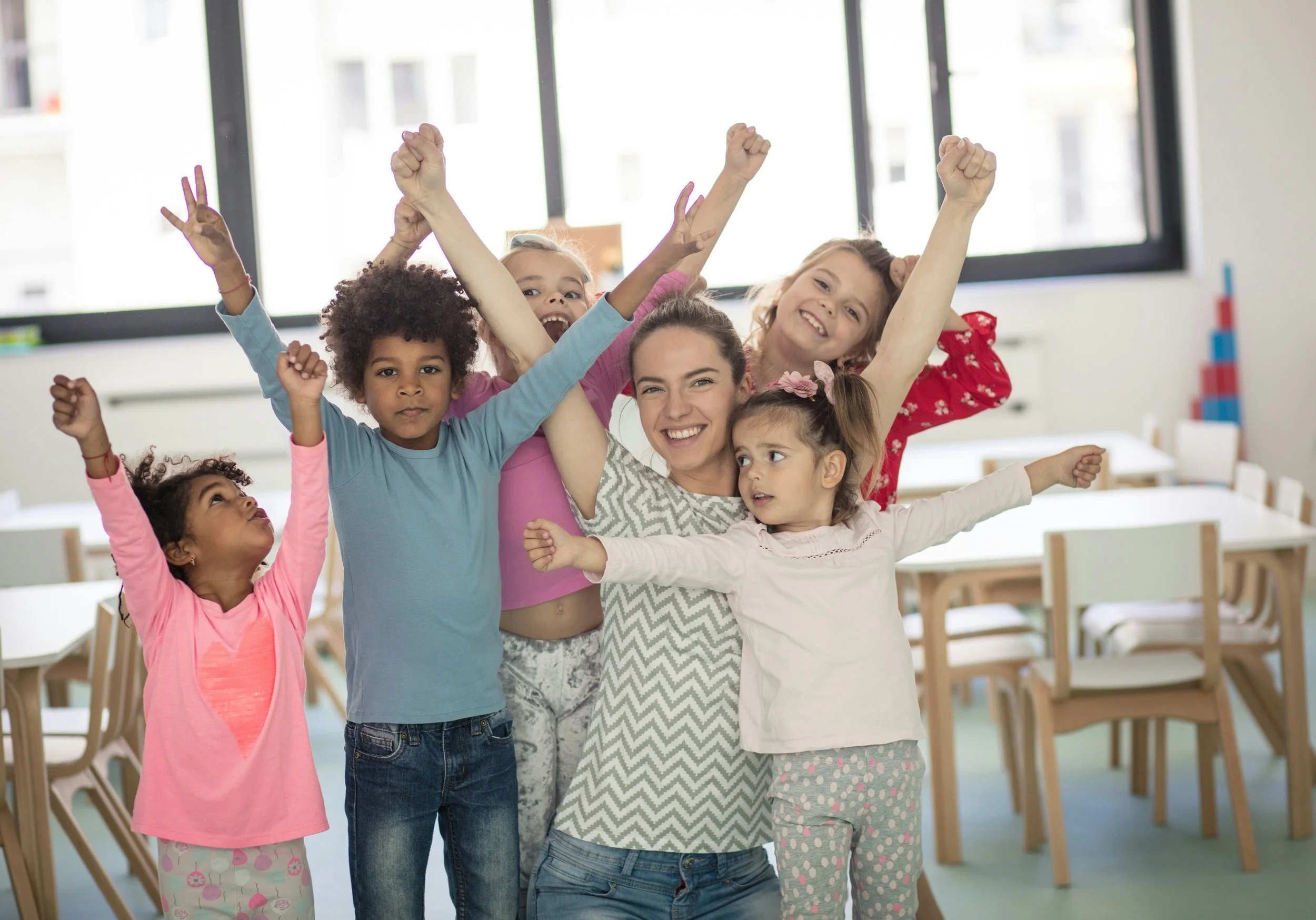
Building a Classroom Community
Participants will explore ways to intentionally create peaceful classroom community. The objective is a classroom culture that creates a sense of belonging, safety and responsibility. Some of the strategies covered will include classroom agreements, team building through cooperative projects, social problem solving, class meetings, building empowerment through real classroom responsibilities, and the teacher as role model. Participants will have the opportunity, in facilitated small groups, to share the issues they have in their own classroom and evaluate which of the strategies presented have the most potential to positively affect their classroom.
This workshop meets Desired Results 1, Measures 1 – 11
Desired Results 2, Measures 16 – 18 -
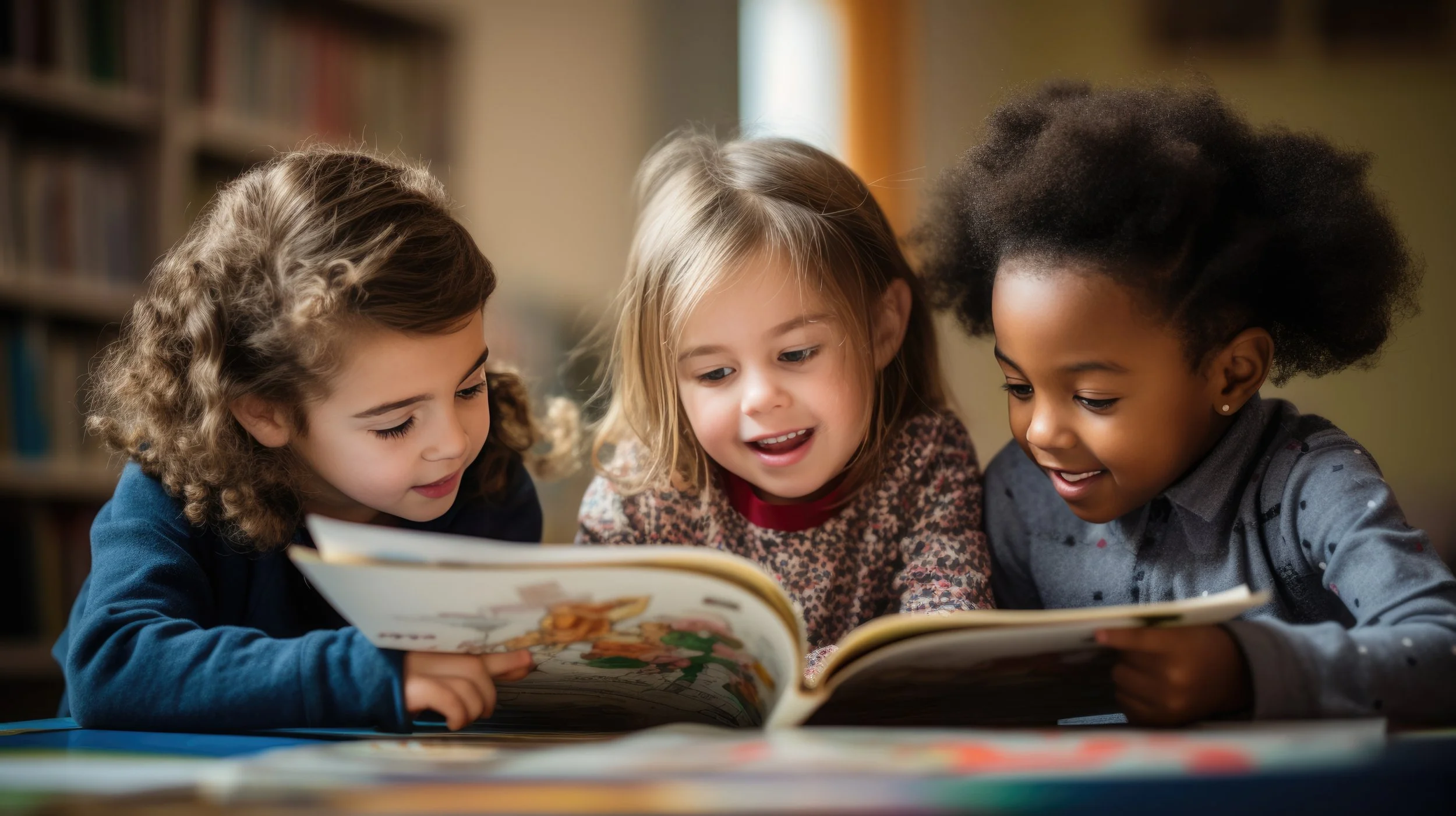
Early Literacy Through the Lens of Peace Education
Adults can inspire children to become lifelong readers by thoughtfully exposing them to quality literary experiences at the earliest ages. We will explore children’s characteristic way of learning and how to engage children’s minds, senses and emotions in the literary experience. The most important factors of literacy development are daily story telling and/or reading and the quality of interaction between the adult and the child. To facilitate book selection for those who wish to read to children, a wide range of high quality children’s literature and stories will be shared. Participants will have the opportunity to evaluate stories and picture books by using criteria of high quality literature and peace education values such as compassion, peaceful problem solving, diversity, respect and equality.
This workshop meets Desired Results 1, Measures 1 – 15
Desired Results 2, Measures 16 – 21, 29 – 33 -

Children and Media
Media has become an integral part of most children’s everyday lives. Children are active and skilled media users, while parents and educators ponder the beneficial as well as detrimental potential of the media. This workshop will explore how media affects the thinking, actions and feelings of children at various stages of development. Topics such as media violence, exposure to news, entertainment, advertising, and computer games will be addressed. Practical strategies for parents and educators will be shared by examining how children can benefit from developmentally appropriate media and enjoy beneficial alternatives to media.
This workshop meets Desired Results 1, Measures 1 – 9, 12 – 15
Desired Results 2, Measures 16 – 21, 29 – 33
Desired Results 4, Measures 38, 39 -

Creating Classroom Culture Through Your Children’s Stories and Books
How can we choose and effectively use children’s books in a way that allows our children’s voices and unique experiences to be honored and weaved into our classroom culture? What can we do to set up an environment so the children are comfortable to share their stories with each other and with their surrounding communities? How can we use books in a relevant modern way to engage children in conversations and critical thinking at any age? In this workshop, we will delve into the multi-faceted ways books and storytelling have been used to work through children’s experiences that may feel complex and overwhelming for teachers to approach. We will practice ways to use props and other tools to expand on the use of books in a variety of ways. We will give tips on organizing usable libraries and choosing quality books. -

Teaching Through the Eye of an Artist
Artists see the world through a sense of possibilities. Bring that same sense of experimentation, curiosity and wonder into your program. In this workshop We start with quality child development theory and philosophy, add discussion of open ended activities, process vs product, auditory, visual and kinesthetic orientations, provocation questions We will give examples, share stories and talk about how to make that work in your environment. Throughout we add hands-on activities you can use right now. -

Values, Vision and Practice
How do I create a community in my program with a common understanding of what and why we are here. What do we want to pass on to staff, families and children? We will talk about relationships, communication and trust. Collaborative process, defining best practices, the Code of Ethical Conduct, The use of power, personal vs institutional, and embracing the power we have for empowerment of others. We will discuss how to work where your values are in conflict with the values of Administration or families. Then we will work into creating a common vision through collaboration and finally how to put this all into practice. What would it look like?
-

Parenting in Difficult Times
Parenting is a challenge in the best of times. During difficult times when life gets beyond your control and resources are stretched you need a few roots and wings to help support you and your relationship with your children. We will look to see what roots you have to draw from like family values, extended family and life experience to create a foundation. Then we will share about reframing, changing perspectives, flying emotions and behavior modification. We’ll end with strategies and tools for resilience, failing forward, talking to children in times of crisis and where any how to find resources.
-
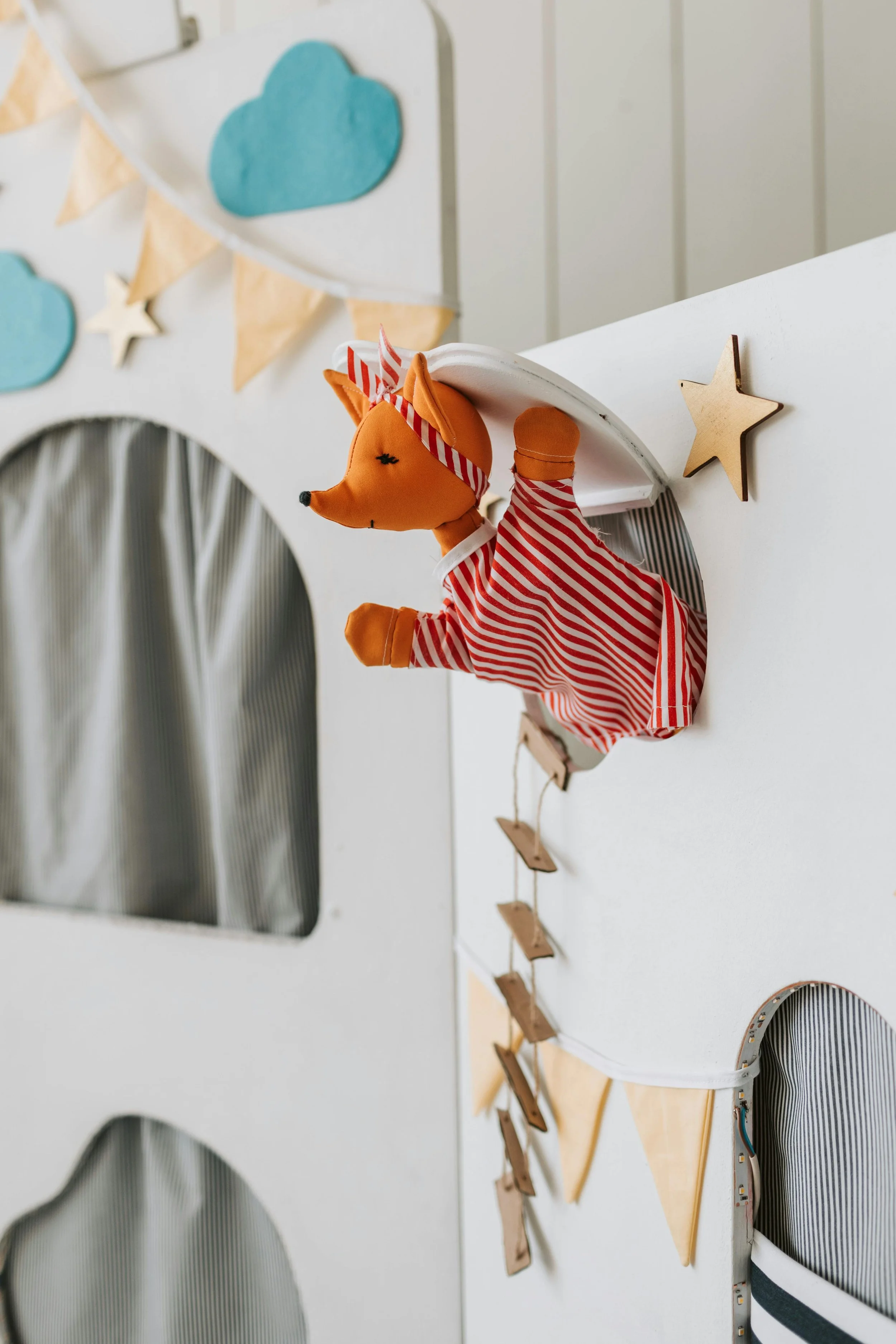
Using Puppets
This workshop is geared toward classroom practitioners of all levels. Children love puppets, but without guidance puppet play is typically about biting and eating. This engaging workshop will get teachers thinking about how to intentionally introduce puppets to children in a way that promotes early literacy, speech growth, and social and emotional skills. Participants will explore why and how to use puppets in the classroom. The lecture portion of this workshop is grounded in the California Preschool Learning Foundations. This workshop is extremely interactive. Participants will learn basic puppetry skills and have an opportunity to practice them. They will be introduced to a wide array of puppet types and provided with resources that they can use right away. Modalities include lecture, small group work, exploration, and skill building through peer support.
-

Cooperative Games
Cooperative Games are a creative way to get children to work together for a common goal. This workshop addresses Emotional Development: self esteem, self regulation, awareness of feelings and empathy. Cognitive Development: perspective taking, critical thinking, decision making and problem solving. Social Development: pro social behaviors of giving, helping, sharing, making friends, communication skills. Physical Development and impulse control. We will have many examples and hands-on opportunities.
-

Creating a Quality Team
Imagine a team of people who are motivated, respectful of everyone and their ideas. They have good listening and communication skills, trust each other and there is an all around feeling of “We’re in this together”. This workshop will talk about common vision and goals, collaboration, roadblocks to effective communication systems, creating the right tone and environment, and group problem solving.
-

Working with Challenging Behavior
Challenging behavior comes in many forms from many needs a child may have. Foundational are relationship and trust, then observation and figuring out what the child needs that they are expressing in challenging ways. We will consider medical and nutritional consideration, culture & language issues, temperament, sensory issues, conflict management skills and environmental issues. This workshop to take a look at warning signs of stress. We will finish with how to support the child, the caregiver/teacher and family while in the process.
-
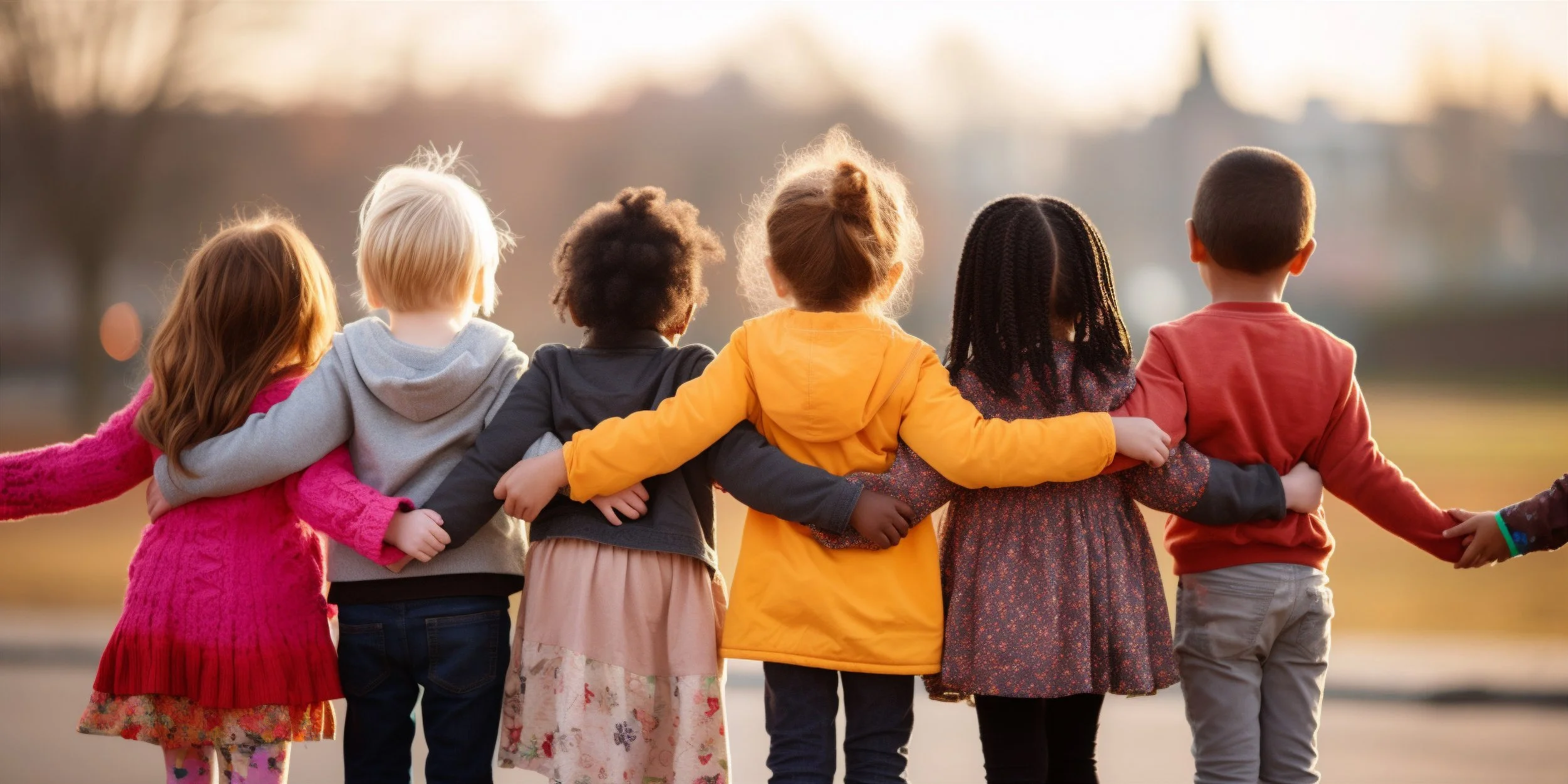
Peace Education and Social Emotional Development
EPCC perspective on Peace Education gives the underpinnings and skills for children to develop positive social relationships and emotional foundations. We teach such skills like how to foster feelings of empathy and caring, collaboration with others and peaceful problem solving. We talk about empowerment to be creative, use of “wonder questions” and take positive and compassionate actions. We believe once children have social and emotional foundations they are able to take on cognitive learning and challenge with confidence.
-

Additional Workshop Topics
Anti-Bias Education and Diversity
Collaboration and Consensus Building
Community Resources
Conflict Management
Ethical Dilemmas
Growth Mindset
Intentiality of Language
Listening Skills
Mindfulness
Uses of Observation
Uses of Power
Challenging Behavior
Workshop Pricing
*Note: Depending on workshop location, additional fee may be necessary for travel expenses.
California Department of Education Desired Results
All workshops listed above, when used as staff development, satisfy Desired Results Staff Development/Training requirements; and when used for parent meetings, satisfy Desired Results Parent Education requirements. Desired Results information will be available for all workshops soon.



